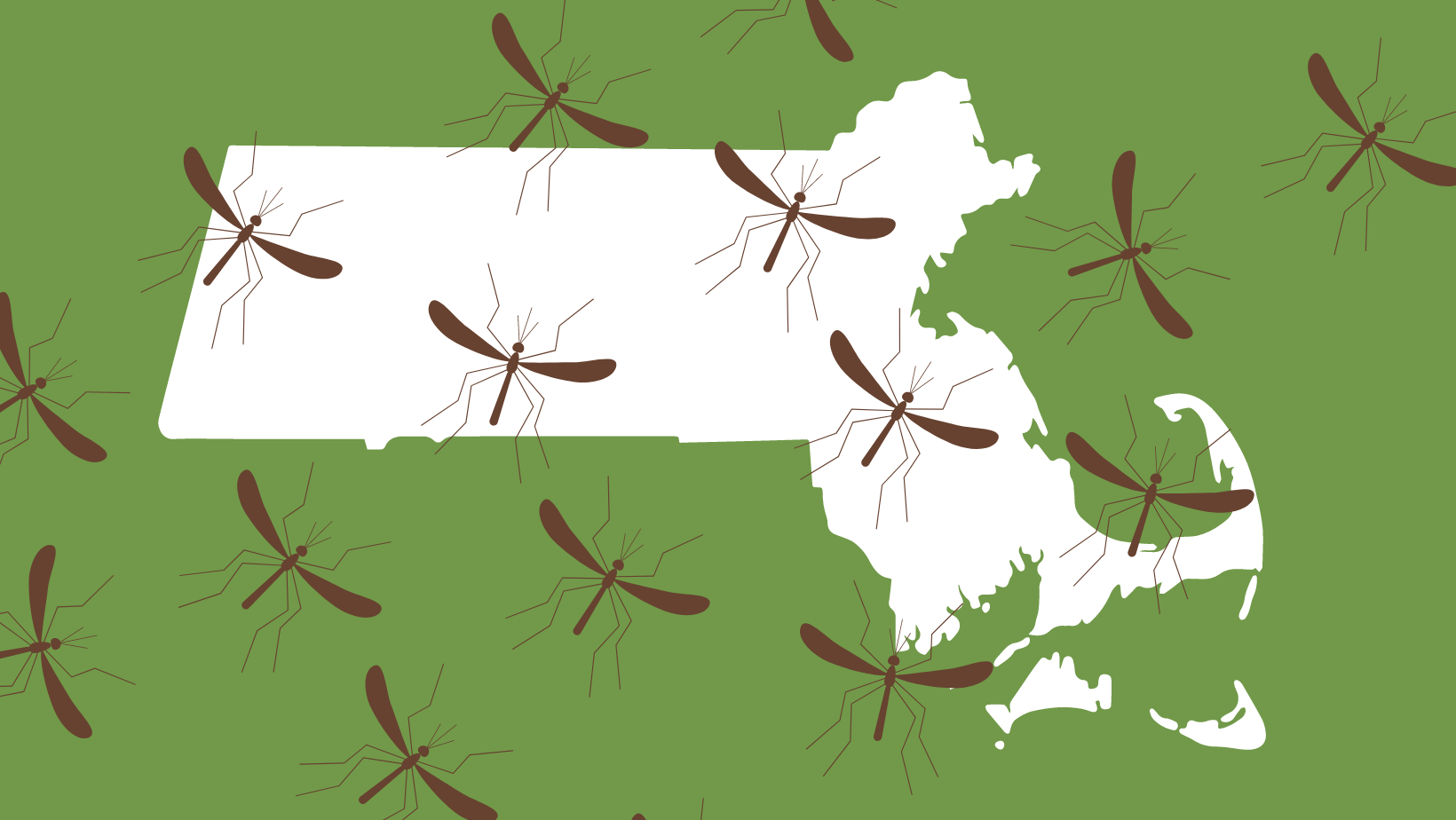

Right now, mosquitoes are posing a serious health threat to Massachusetts residents. Mosquito-borne diseases such as Eastern Equine Encephalitis (EEE) and West Nile Virus (WNV) have been known to impact the New England region, particularly in states like Massachusetts, Connecticut, and Rhode Island. These diseases can lead to severe illness or even death, making mosquito control and prevention essential for residents.
This blog will cover the potential for outdoor activity bans in parks after 6 p.m. and provide effective prevention methods to help keep your family safe. It will also provide an overview of EEE and WNV, including transmission, diagnosis, and treatment.
In response to heightened risks of mosquito-borne illnesses, some Massachusetts towns have implement outdoor activity bans or advisories, particularly in parks and recreational areas. These restrictions often occur during peak mosquito activity times, usually around dusk and dawn.
Given the prevalence of EEE and WNV in New England, it is crucial to take preventive steps to minimize mosquito exposure for your family and home. Here are some effective prevention methods:
Eastern Equine Encephalitis (EEE) is a rare but serious disease caused by a virus transmitted through the bite of an infected mosquito. The virus is primarily found in freshwater swampy areas in the Atlantic and Gulf Coast states. New England, particularly Massachusetts, has seen cases of EEE due to its unique ecological environment that supports mosquito populations carrying the virus.
Transmission of EEE
EEE is transmitted to humans through the bite of an infected mosquito, specifically the Culiseta melanura mosquito, which primarily feeds on birds. Humans and horses become “dead-end hosts,” meaning the virus does not spread from person to person. Because birds are the main carriers, areas with large populations of infected birds pose a higher risk.
Symptoms, Diagnosis & Treatment
EEE has an incubation period of 4 to 10 days after a bite from an infected mosquito. Symptoms can range from mild flu-like symptoms to severe neurological issues. The disease can progress rapidly, leading to:
Severe cases may result in brain swelling (encephalitis) and can lead to death in about 30% of cases. Survivors may have permanent neurological damage.
EEE is diagnosed based on a combination of clinical symptoms, patient history, and laboratory tests, such as blood tests and cerebrospinal fluid analysis to detect EEE virus antibodies.
There is currently no specific treatment for EEE. Healthcare providers focus on supportive care to relieve symptoms and manage complications. This may include hospitalization, respiratory support, intravenous fluids, and medications to reduce brain swelling and control seizures.
West Nile Virus (WNV) is another mosquito-borne illness that affects both humans and animals. It is more common than EEE but usually less severe. However, in rare cases, WNV can cause serious health complications.
Transmission of WNV
WNV is transmitted to humans primarily through the bite of an infected mosquito, typically the Culex species. Like EEE, birds are the main reservoir hosts for WNV. Infected mosquitoes feed on infected birds and then transmit the virus to humans and other animals.
Symptoms, Diagnosis & Treatment
Most people infected with WNV (about 80%) do not experience any symptoms. For those who do, symptoms can appear within 2 to 14 days after a bite and can range from mild to severe. Mild cases may include:
Severe cases, particularly in older adults or those with weakened immune systems, can lead to neuro-invasive disease, such as encephalitis or meningitis. Symptoms of severe illness include:
Diagnosis is often made through blood tests to detect WNV-specific antibodies or through cerebrospinal fluid analysis in more severe cases.
There is no specific antiviral treatment for WNV. Mild cases are managed with over-the-counter pain relievers to reduce fever and alleviate symptoms. Severe cases may require hospitalization to provide supportive treatment, such as intravenous fluids, pain management, and respiratory support.
Mosquito-borne diseases like EEE and West Nile Virus are serious public health concerns in New England right now. Understanding the risks and taking proactive measures to prevent mosquito exposure can protect your family and allow you to enjoy the great outdoors with peace of mind.
Whether using repellents, wearing protective clothing, or maintaining a mosquito-free yard, every step counts in reducing the threat of these potentially deadly diseases. Learn more about what attracts mosquitoes to bite in this blog from ohDEER, and explore our FAQ guide for insights into their life and behavior.
For more information on mosquito control and to explore all-natural solutions to keep your family safe, contact us today for a free consultation and find your nearest location. Let’s work together to enjoy more time outside safely! By staying informed and vigilant, New England residents can protect themselves from mosquito-borne diseases while making the most of the beautiful seasons.